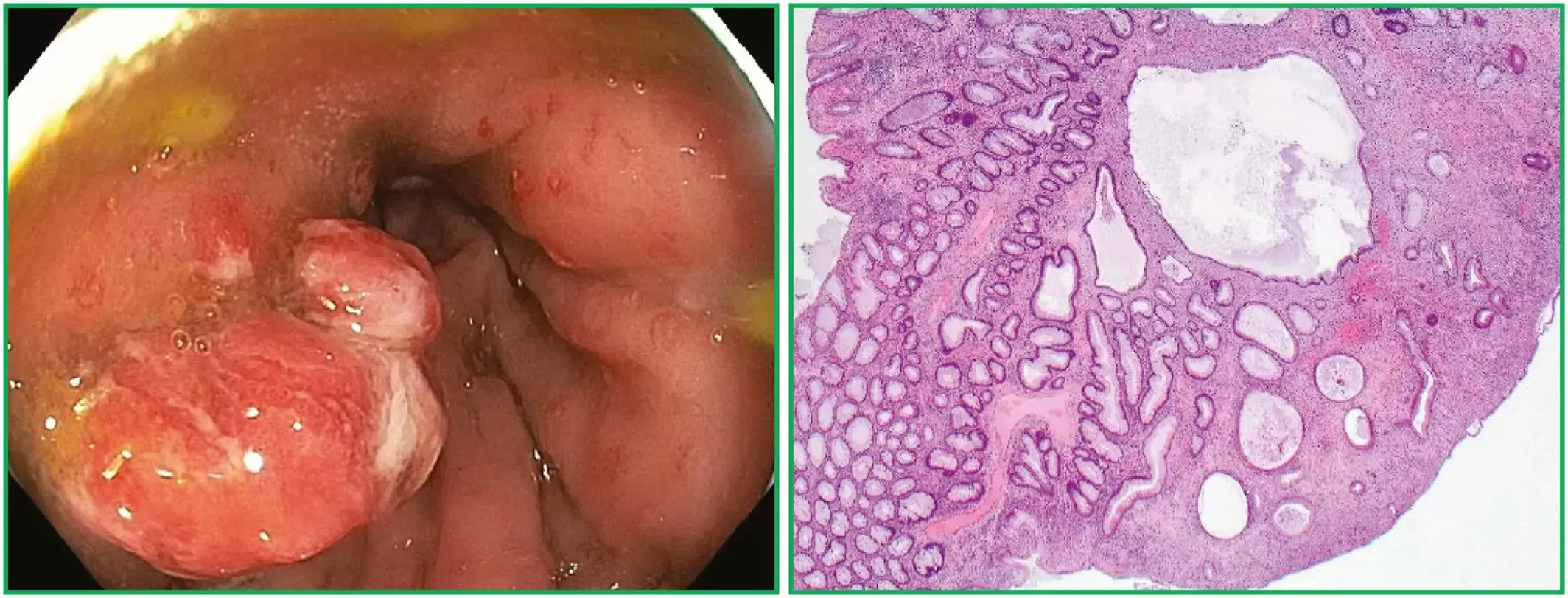- Home
- Medical news & Guidelines
- Anesthesiology
- Cardiology and CTVS
- Critical Care
- Dentistry
- Dermatology
- Diabetes and Endocrinology
- ENT
- Gastroenterology
- Medicine
- Nephrology
- Neurology
- Obstretics-Gynaecology
- Oncology
- Ophthalmology
- Orthopaedics
- Pediatrics-Neonatology
- Psychiatry
- Pulmonology
- Radiology
- Surgery
- Urology
- Laboratory Medicine
- Diet
- Nursing
- Paramedical
- Physiotherapy
- Health news
- Fact Check
- Bone Health Fact Check
- Brain Health Fact Check
- Cancer Related Fact Check
- Child Care Fact Check
- Dental and oral health fact check
- Diabetes and metabolic health fact check
- Diet and Nutrition Fact Check
- Eye and ENT Care Fact Check
- Fitness fact check
- Gut health fact check
- Heart health fact check
- Kidney health fact check
- Medical education fact check
- Men's health fact check
- Respiratory fact check
- Skin and hair care fact check
- Vaccine and Immunization fact check
- Women's health fact check
- AYUSH
- State News
- Andaman and Nicobar Islands
- Andhra Pradesh
- Arunachal Pradesh
- Assam
- Bihar
- Chandigarh
- Chattisgarh
- Dadra and Nagar Haveli
- Daman and Diu
- Delhi
- Goa
- Gujarat
- Haryana
- Himachal Pradesh
- Jammu & Kashmir
- Jharkhand
- Karnataka
- Kerala
- Ladakh
- Lakshadweep
- Madhya Pradesh
- Maharashtra
- Manipur
- Meghalaya
- Mizoram
- Nagaland
- Odisha
- Puducherry
- Punjab
- Rajasthan
- Sikkim
- Tamil Nadu
- Telangana
- Tripura
- Uttar Pradesh
- Uttrakhand
- West Bengal
- Medical Education
- Industry
Solitary Juvenile Polyps carry very low risk of malignant transformation

Solitary juvenile polyps (JPs) are the most frequent type of polyp in children but they also develop in adults.The risk of cancer in patients with solitary colorectal JPs is poorly studied.
Solitary Juvenile Polyps carry shallow risk of malignant transformation, finds a study published in the United European Gastroenterology Journal.
The risk of cancer in patients with solitary colorectal juvenile polyps (JPs) is poorly investigated and several studies have reported polyps with dysplastic and adenomatous alterations. They aimed to investigate the long-term risk of cancer and mortality in these patients by merging data from national registers and comparing them to a matched control cohort.
Patients with a solitary JP were identified in The Danish National Pathology Register and Data Bank (DNPR). The included patients were matched on sex, age, and place of birth with 50 controls. The groups were then analyzed for risk of cancer using the Danish Cancer Registry and mortality using the Danish Cause of Death Registry
Results
Researchers identified 1781 patients with solitary JPs and matched them with 83,713 controls. The mean follow-up time was 7.65 years for cases and 7.36 years for controls. The risk of cancer, including colorectal cancer, did not differ for the two groups and when adjusting for sex and year of birth, the hazard ratio (HR) was 1.15 (confidence interval [CI] 95% 0.94–1.41, p = 0.162). There was no increased risk of death (HR: 1.07, CI 95% 0.88–1.30, p = 0.486). The risk did not differ for different age groups or sex.
There is no increased risk of cancer or mortality for patients with solitary colorectal JPs. Thus, endoscopic follow-up may be safely omitted in these patient.
Reference:
Jelsig, AM, Wullum, L., Kuhlmann, TP, Ousager, LB, Burisch, J., Karstensen, JG. Cancer risk and mortality in patients with solitary juvenile polyps—a nationwide cohort study with matched controls. United European Gastroenterol J. 2023; 1–5. https://doi.org/10.1002/ueg2.124
Keywords:
United European Gastroenterology Journal, Solitary, Juvenile, Polyps, carry, low, risk, malignant, transformation, Jelsig, AM, Wullum, L., Kuhlmann, TP, Ousager, LB, Burisch, J., Karstensen, JG.
Dr. Shravani Dali has completed her BDS from Pravara institute of medical sciences, loni. Following which she extensively worked in the healthcare sector for 2+ years. She has been actively involved in writing blogs in field of health and wellness. Currently she is pursuing her Masters of public health-health administration from Tata institute of social sciences. She can be contacted at editorial@medicaldialogues.in.
Dr Kamal Kant Kohli-MBBS, DTCD- a chest specialist with more than 30 years of practice and a flair for writing clinical articles, Dr Kamal Kant Kohli joined Medical Dialogues as a Chief Editor of Medical News. Besides writing articles, as an editor, he proofreads and verifies all the medical content published on Medical Dialogues including those coming from journals, studies,medical conferences,guidelines etc. Email: drkohli@medicaldialogues.in. Contact no. 011-43720751


